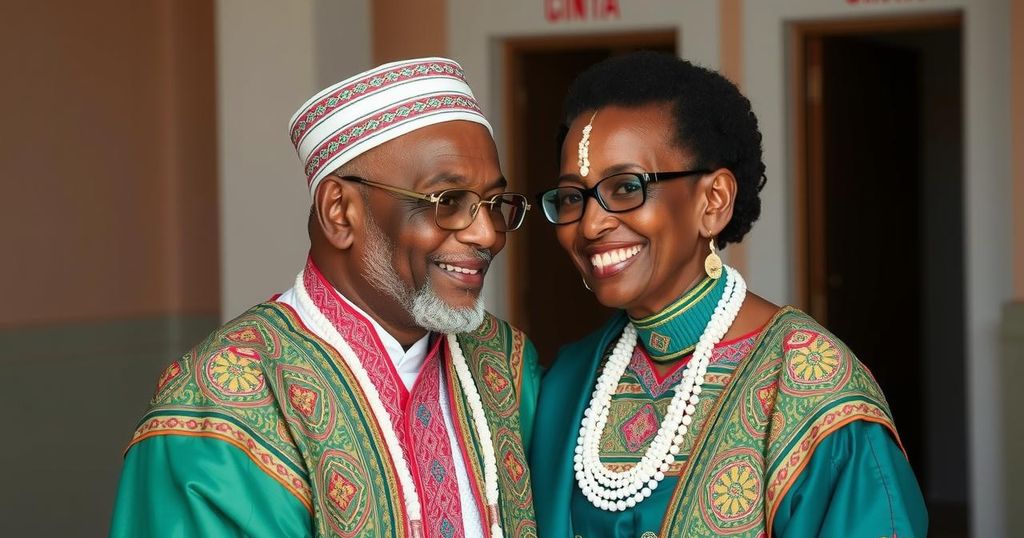Mohamed Takala, Head of the High Council of State, rejected a Morocco meeting with HoR members, citing improper representation. He requested Libya’s Foreign Ministry to protest the meeting, highlighting internal divisions. The Bouznika meeting aimed at forming a unified government but deviated from UN efforts for cohesive political participation in Libya’s upcoming elections.
Mohamed Takala, the rival Head of the High Council of State (HCS), has officially rejected the recent meeting held in Morocco, which involved members of both the HCS and the House of Representatives (HoR). He argued that the participants lacked proper authorization to represent the HCS. Furthermore, Takala urged Libya’s Foreign Ministry to formally protest to Morocco, emphasizing the necessity of avoiding uncoordinated dialogues with the HCS presidency due to existing internal divisions and potential political exploitation.
Throughout the Bouznika meeting, representatives from the HoR and HCS, including Khalid Al-Mishri, reached an agreement to establish a unified government and outline committees to address contentious issues relating to security, finance, and economics. However, Takala’s dismissal of the meeting signals a deviation from the United Nations’ efforts to promote a cohesive political process in Libya and to encourage broad participation in forthcoming elections.
The political landscape in Libya has been tumultuous, characterized by the ongoing struggle for power among varying factions. The High Council of State (HCS) and the House of Representatives (HoR) are two key political bodies that have been at odds, complicating efforts for national unity and governance. Recently, a meeting in Bouznika, Morocco aimed at fostering collaboration between these factions raised concerns about legitimacy and representation, particularly from Takala’s perspective. His rejection of the meeting reflects deeper issues of division and the struggle against political maneuvering in a volatile environment.
In summary, Mohamed Takala’s rejection of the Bouznika meeting highlights significant concerns regarding representation and legitimacy within Libya’s political factions. By calling for an official protest from the Foreign Ministry, Takala draws attention to ongoing divisions and the need for coordinated efforts among Libya’s leadership. This situation underscores the complexity of reaching consensus in Libya and the importance of adhering to established protocols in the political process.
Original Source: libyaobserver.ly






